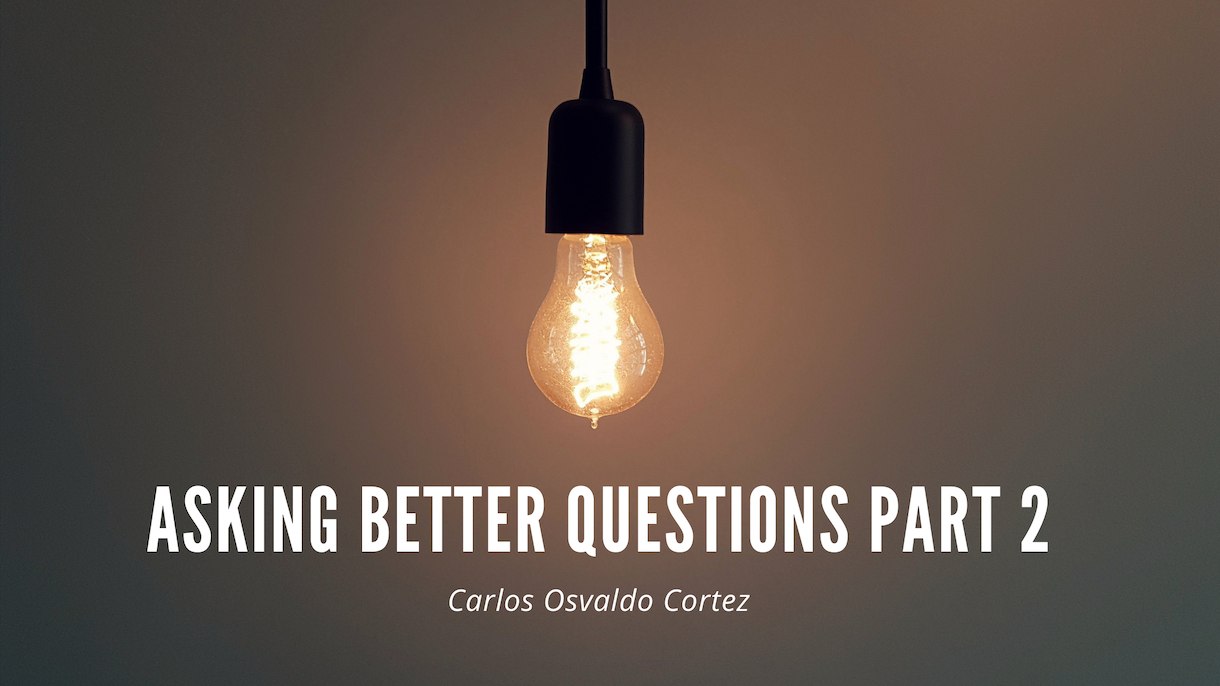
Often, when educators consider improving the use of questions in the classroom they focus on solely their end. As teachers, it’s natural to focus on the depth, pacing, accessibility, and relevance of the questions you’re asking. Furthermore, things such as resources, the variety, and the nature of the questions take center stage. All of these things are important, however, something that is often overlooked is equally imperative to education: helping students form and asking their own questions.
An individual’s ability to function in society is dependent on their ability to ask questions and seek answers. Particularly, questions and answers that pertain to their own personal values and goals. Asking questions and finding answers is how we learn. Curiosity is important. In the educational system, how well a student does on an assignment can depend entirely on how well they understand the purpose and attributes of the question.
By designing student-focused assessments and curriculum teachers can help foster professional development in wonderful ways. There are a number of methods that educators can use to assist students in becoming better questioners.
First, teachers should provide students with an established criteria for asking questions. The criteria should include different types of questions for varying purposes. For instance, the criteria should reflect what type of question and inquiry is being made. Does the student want to evaluate or analyze something? Uncover any existing bias? Gain clarity on a confusing concept or assumption? Perhaps they are hoping to support an opinion or develop one by using evidence in the text. It can be easier for students to pursue these goals when there are clear guidelines.
Another great way to promote the asking of better questions is to have students work together during the question forming process. Use peer review as a tool to help students work together, assessing areas where they are struggling and provide each other with feedback. It can be incredibly valuable to assign the student groups specific topics, respectfully. One peer group can be assigned research; one can be assigned fact checking; etcetera. Rotate the tasks so that everyone gains experience with each important role.
Overall, students should be encouraged to think critically. It’s okay to question things, it’s great to have questions, and everything is relevant! By teaching students to ask better questions you are giving them the ability to feel empowered and investigate things on their own, which fosters independence.
Originally published on Carlos Osvaldo Cortez’s website.

